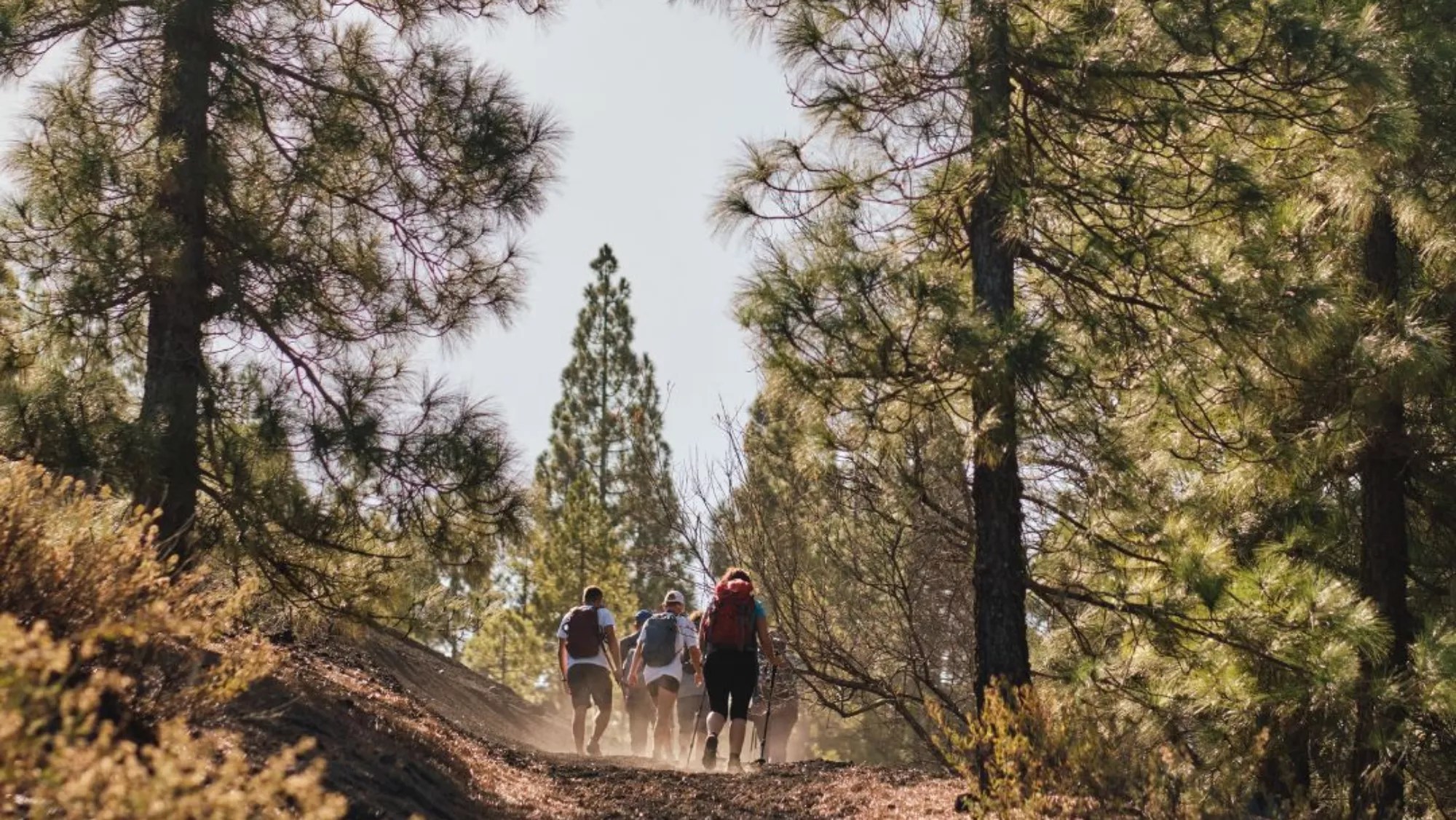Know her situation of women over 65 who are victims of gender-based violence on the Island and propose the necessary actions to combat it. It is the meaning of the study of UL, commissioned by the Cabildo, which diagnoses, quantifies and analyzes the social scourge among females of this age segment attended by the specialized unit of the Tenerife Institute of Social and Socio-Sanitary Care (IASS). In many of the cases, one in three – 32.5% of those surveyed – have spent half a century in the midst of these situations of sexist violence during daily coexistence with their abuser. More detailed and global work is lacking, but the experts recognize “a structural problem” that may have affected it for decades and still affects several generations of Tenerife residents today.
The island councilor for Social Action, Marián Franquet, presents the report, an initiative that, she says, “reveals issues that we knew, but needed to quantify in order to act.” Franquet insists on the idea of differentiating the cases according to the collective profile because “a 20-year-old woman victim of gender violence cannot be treated the same as a 65-year-old, because they are very different realities and stories, which need specific tools” .
Gaia Project
Marián Franquet emphasizes the need to have this tool “to start designing specific programs and actions and work to facilitate their access to services specialized in gender violence”. It also highlights that it is the first step of the Gaia project, a comprehensive initiative aimed at older women that includes workshops and activities related to self-esteem, participation, the digital divide and empowerment. The Minister of Equality and Prevention of Gender Violence, Priscila de León highlights a work framed in the Conecta Mayores program that seeks to improve the well-being of these people. She also provides the bases to incorporate those over 65 years of age in the strategy to combat gender violence through the Insular Network for Gender Equality Tenerife Violeta.
The expert
The professor of Sociology at the University of La Laguna (ULL) and coordinator of the study, Marta Jiménez, details the research, developed in three blocks. A survey of 40 users served by the IASS, the report of four specific experiences and consultation with groups, associations and institutions. The work reveals structural problems such as socialization under the Franco regime, the invisibility of violence and the limited accessibility to institutional resources that amplifies their vulnerability “by women and the elderly”. They have all been subjected to the different manifestations of sexist violence: physical, psychological, sexual and economic.
“We needed a job like this to be able to act effectively and appropriately”
Repression and oppression.
The researcher recalls that the group was taught to assume repression and oppression during the Franco regime. “85 percent of those surveyed acknowledge that the violence began to occur practically from the beginning of the relationship and became more acute over time,” explains Jiménez. Only 52.5 percent came to denounce their situation.
The report reveals that more than half of the women had sexual relations with their husband for fear of what he could do if they refused and 60 percent were excluded from making economic decisions. More than a third of the couples or ex-partners appropriated their money, and almost 30 percent of their assets. The study finds that Other victims are the children because “they have experienced multiple situations of violence.”
Proposals.
Among the conclusions are the need to improve the detection of situations of gender violence and abuse towards these women, facilitate their access to specialized services and strengthen interdisciplinary and interinstitutional coordination at the county level. Also the importance of combating situations of material poverty, social and housing isolation, as well as developing unique action plans for older women affected by vulnerability factors that interact with age and gender. Finally, it is recommended to incorporate adult children who have also been victims of violence.

















